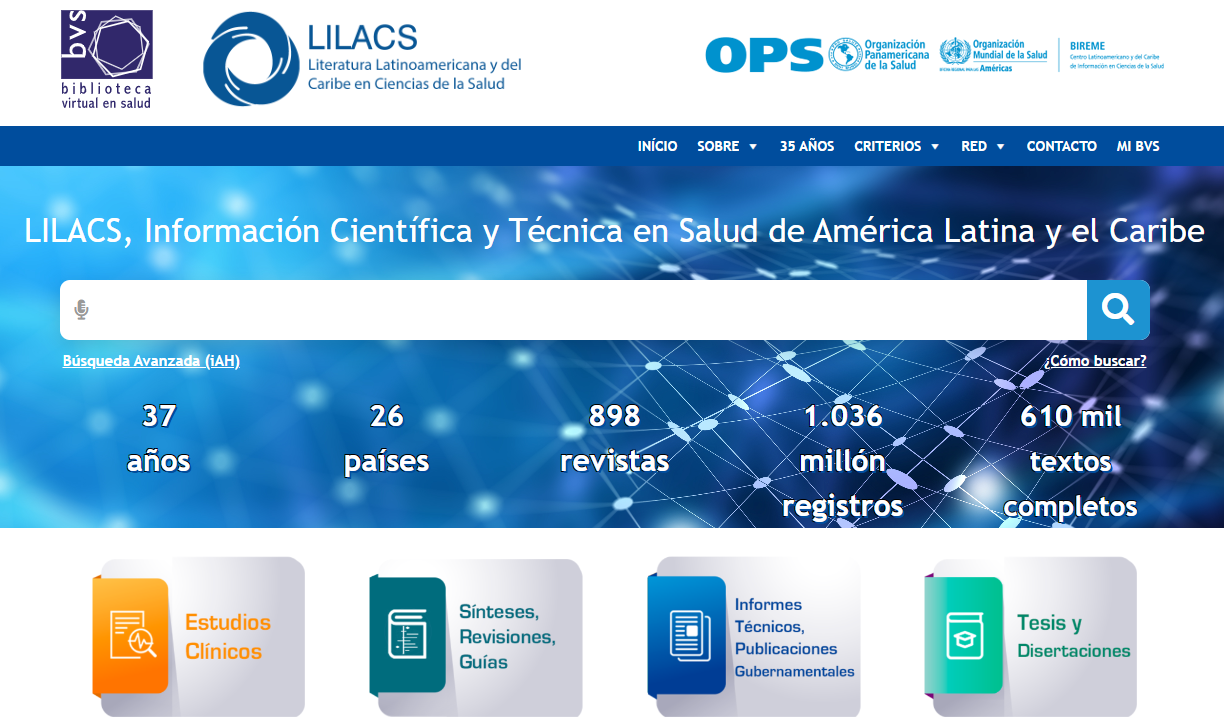
São Paulo, May 15, 2023. Humanity is going through a new industrial revolution resulting from the digital transformation on a global scale. BIREME, an organization that has as its scope of activity the development and operation of health information products and services, has as a major institutional challenge in the biennium 2024-2025, to implement the transition to Information Industry 4.0. In this process, innovation is central to ensure that the principles of Industry 4.0 are applied to all information products developed by BIREME.
BIREME’s new strategy, which will guide the Center’s Biannual Work Plan towards its programmatic functions with the Member States, aims to facilitate the innovation process and the transition to the new information industry. BIREME’s Innovation Laboratory has been working on these activities since February 2023 and has already identified priority areas of innovation focused on BIREME’s products.
The first area of BIREME selected to update its operations was the bibliographic database LILACS, which gathers and makes available references of scientific and technical health literature from 26 countries in Latin America and the Caribbean, with free and open access. Created in 1985, LILACS currently contains more than one million cataloged items, among articles published in peer-reviewed journals, thesis and dissertations, governmental documents, conference proceedings and books, which are selected based on quality criteria and provided by more than 800 cooperating centers in the LILACS Network.
Each recorded item goes through a series of information management and treatment procedures so that it can later be identified, retrieved from the database, and presented as a result of the search made by users. The information gathering function, or harvesting, for example, is related to the systematic capture of data from various sources. Archiving, on the other hand, involves registering the collected data in a system, followed by two important processes: indexing, which consists in assigning subject descriptors to the documents to facilitate their later retrieval, and curation, which evaluates and corrects possible errors or data inconsistencies. The search interface is the layer that allows users to access and search the database with words for the title, abstract, author, subject descriptors, and filters to refine the results. Finally, the search output involves user interaction with the retrieved data for visualization, which is displayed in reference managers or data analysis and visualization systems.
These are essential functions to ensure the quality and effectiveness of information management in different areas, including health, and specifically, the translation of information into health action and practice – supporting decision-making with the best scientific evidence available. “As the LILACS methodology includes the management and coordination of a large database, maintained and updated in a network, we recognize its great potential for application of digital solutions focused on automation and personalization of services,” explains João Paulo Souza, director of BIREME.
As a priority for LILACS development, BIREME’s Innovation Lab has selected the automation of collection and indexing, as well as exploring artificial intelligence solutions in searching and producing results through natural language.
Link of interest
Get to know the LILACS website, available at: https://lilacs.bvsalud.org/en/




